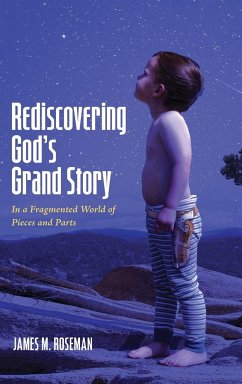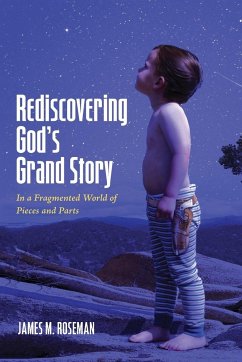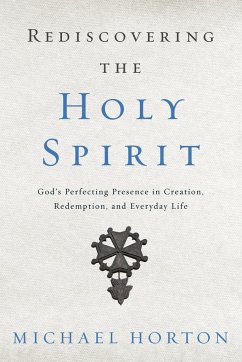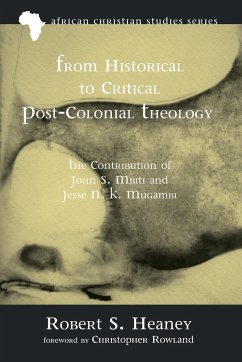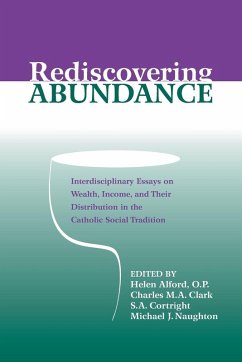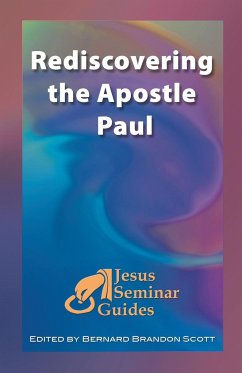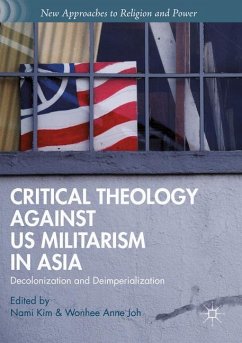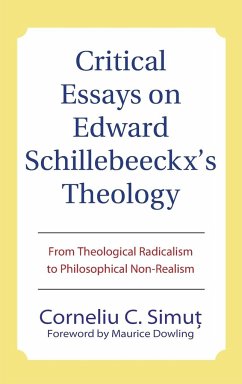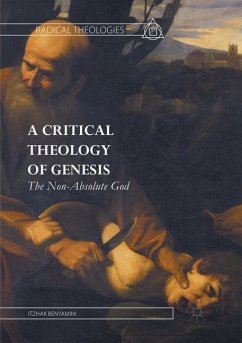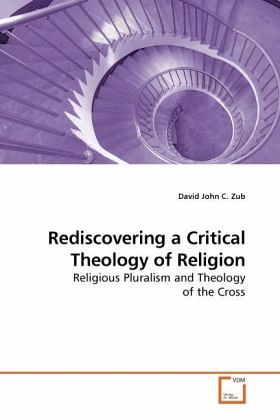
Rediscovering a Critical Theology of Religion
Religious Pluralism and Theology of the Cross
Versandkostenfrei!
Versandfertig in 6-10 Tagen
52,99 €
inkl. MwSt.

PAYBACK Punkte
26 °P sammeln!
The movement within religious studies commonly known as "pluralism" has become a "new orthodoxy" in Christian discourse. The many forms that pluralism takes, however, bear seeds that could lead to internal collapse with the reduction of religion as an a priori positive human endeavour with a very positive anthropology. Pluralism has little or no historical weight with forms of religiosity that are undeclared, oppressive, or toxic. By starting with the thin tradition of Christian theology known as theologia crucis, Christians may rediscover the critical and self-critical Christian view of relig...
The movement within religious studies commonly known as "pluralism" has become a "new orthodoxy" in Christian discourse. The many forms that pluralism takes, however, bear seeds that could lead to internal collapse with the reduction of religion as an a priori positive human endeavour with a very positive anthropology. Pluralism has little or no historical weight with forms of religiosity that are undeclared, oppressive, or toxic. By starting with the thin tradition of Christian theology known as theologia crucis, Christians may rediscover the critical and self-critical Christian view of religion, a view that is also coherent within the Jewish prophetic tradition. Through an understanding of theologia crucis, we may move into a deeper and distinctly Christian understanding of religion, and the recognition that people of all religions are those "for whom Christ died." Building upon the teachings of Abraham Heschel, Martin Luther, Franz Rosenzweig, Karl Barth, Jürgen Moltmann and others, this book describes theologia crucis as a Christian theory of religion that has evolved over millennia into a stable and lucid approach to religious plurality.



